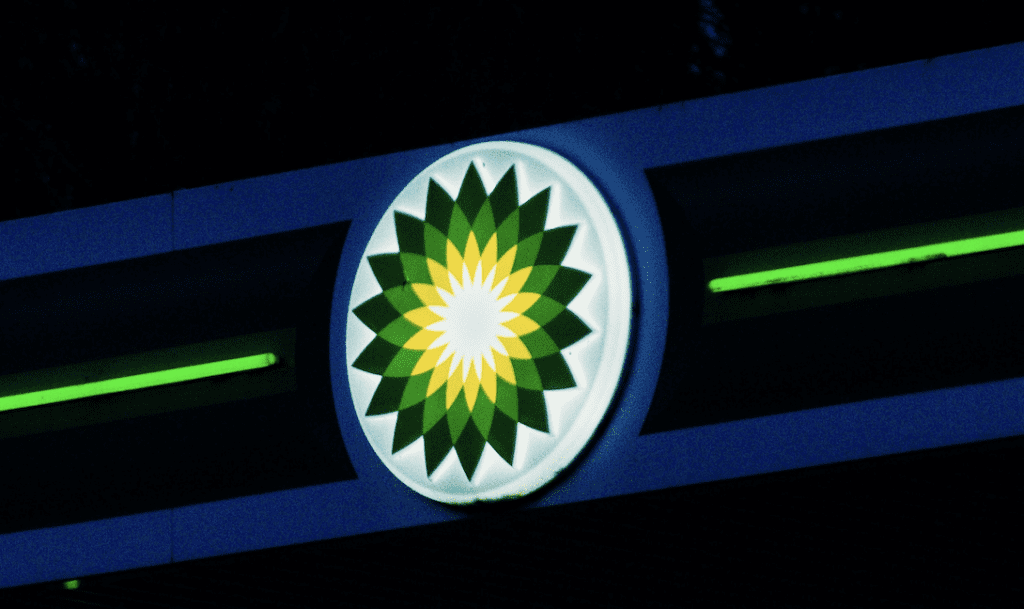I have a portfolio of shares (€35k). It is balanced through different sectors. I like receiving dividends, especially from my BP shares, which I bought after the Deepwater Horizon tragedy. I have a cash lump sum (€40k) sitting on a low/no interest PTSB bank account, for the last five years. Every year I say I’ll invest it and I don’t…
Should I buy shares with the money? I also have post office investments and prize bonds, a monthly contribution to an Irish Life fund, and monthly pension contributions including AVCs.
If I did buy BP this month, when would I be entitled to the dividend?
– Anon
BP has been one of the most reliable dividend payers since resuming payments in 2011. Under its Kerry-born chief executive Bernard Looney, it pays owners almost 4% a year to hold its shares.
So it’s easy to see why you might be frustrated at the €40k sum languishing in your bank account over the last half a decade, especially as inflation has spiked.
But before you invest, take a minute to look at the fortunes of a single company – albeit a global one – over your investment timeframe. It can be a bumpy ride. BP shares more than halved in value in spring 2020, for example. Remind yourself that BP shares have yet to surpass the level they reached before the Deepwater Horizon tragedy.
There are two lessons from this.
Firstly, any single company presents specific risks. It’s good that you hold shares in other sectors. But with a €35k portfolio, it is difficult to achieve true diversification, which typically requires tens of different holdings.
Secondly, companies that pay strong dividends often do so at the expense of share price growth. BP was trading at today’s value (around £5.50 per share) back in 1999, for example.
So before you increase exposure to this single stock, bring some structure to your portfolio. Begin by considering how to split your wealth among cash, equities, and other asset classes such as bonds, infrastructure and commodities. The answer will depend, for example, on your wider wealth, job security, and investment timeframe.
Next, ask yourself what level of income you require. There are many other reliable dividend payers, such as banks and insurance companies, mining, and telecoms businesses. Remember that for many of us in Ireland, dividends are more aggressively taxed than share price gains. So it could be smart to focus on capital growth rather than dividend yield, selling down gains when needed to create an income stream.
If you do buy more BP shares, you’ll be in line for a dividend payment on 23 Jun 23. (The March payment is due to people who owned the shares on 16 February).
But before you do, ask yourself if investment funds might fit your requirements better. There are plenty of funds producing dividend yields comparable to your shares. Using funds will reduce many of the risks which are inevitable when you double down on a single stock.
This is adapted from a Moneycube column which appeared recently in the Sunday Times.










